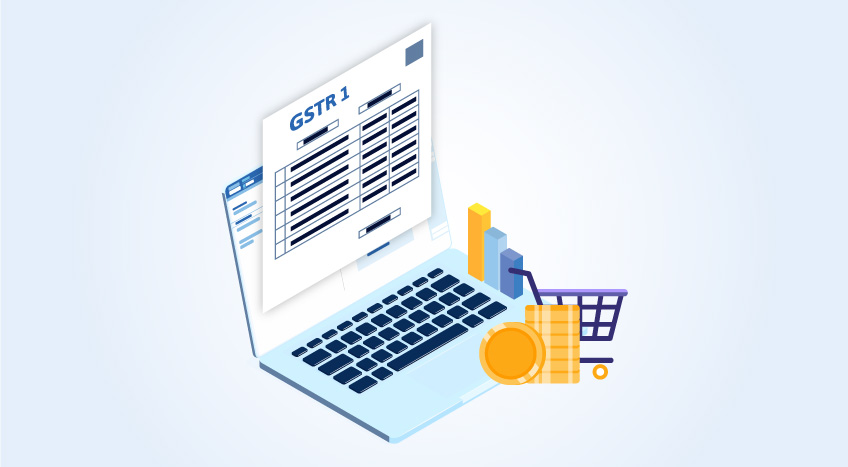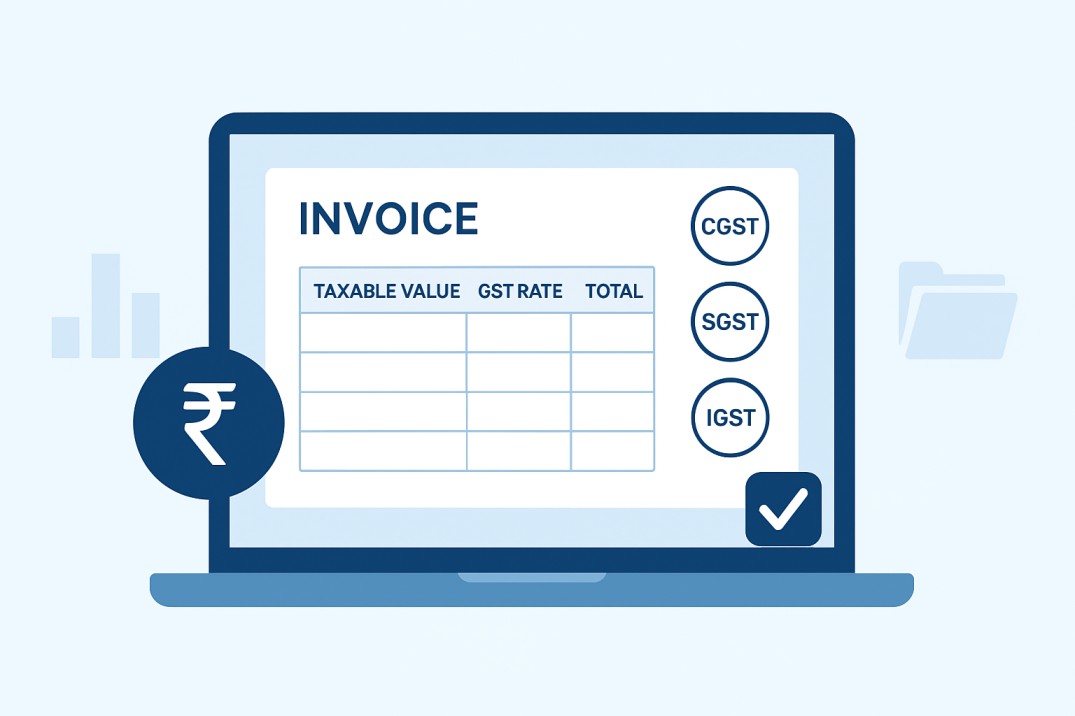For Indian Micro, Small, and Medium Enterprises (MSMEs), understanding who needs to follow new financial guidelines is vital. The Institute of Chartered Accountants of India (ICAI) has introduced a revised format for financial statements, and it is crucial to know if your business falls under its purview. This guide will clearly explain the applicability of these new ICAI guidelines for Non-Corporate Entities (NCEs), helping you ensure compliance and enhance your business's financial credibility.
What do non-corporate entities (NCEs) include?
Before discussing who should follow the new ICAI guidelines, let’s first clarify what a Non-Corporate Entity (NCE) is and what businesses are counted as NCEs. NCEs include companies that are:
- Not covered under the purview of the Companies Act or
- Not registered as Limited Liability Partnerships (LLPs) under the LLP Act
These businesses operate with simpler organisational structures and form a significant portion of India's business sector.
Who should follow the ICAI guidance note?
The ICAI Guidance Note is specifically designed to assist certain categories of entities in complying with accounting and auditing standards. By offering tailored guidance, it ensures that these entities maintain consistency and transparency in financial reporting. ICAI's new Guidance Note applies to a wide range of enterprises, which include:
- Sole proprietorships: Businesses owned and managed by a single individual.
- Partnership firms: Entities where two or more individuals manage a business and share its profits.
- Hindu Undivided Families (HUFs): Businesses managed under Hindu law principles.
- Trusts: Legal arrangements where assets are held for the benefit of beneficiaries.
- Societies: Associations formed for charitable, literary, or scientific purposes.
- Associations of Persons (AOPs) or Bodies of Individuals (BOIs): Groups of individuals or entities pooling resources for a common purpose.
These guidelines became effective for financial statements prepared for the periods starting on or after April 1, 2024.
Who is exempt from following the ICAI guidance note?
While the new guidelines cover a broad spectrum of NCEs, certain entities are specifically excluded from their direct applicability. Understanding these exclusions helps you determine if your business needs to comply or not.
- Limited Liability Partnerships (LLPs): LLPs are generally excluded because a separate set of rules governs them.
- Entities governed by specific laws: If your entity is already required to follow specific financial statement formats mandated by other laws (for example, certain trusts under state-specific acts), then those specific legal requirements take precedence.
- Entities following Ind-AS: If your NCE is already required to follow Indian Accounting Standards (Ind-AS) due to other regulatory mandates, these new ICAI guidelines are not directly applicable.
Different levels, different extent of compliance
The ICAI recognises the diverse scale of NCEs and has categorised them into four distinct levels. This tiered approach determines the extent of compliance required, providing proportionate reporting burdens based on your business's size and public interest. Generally, lower-level entities (Levels III and IV, where most MSMEs fall) benefit from certain exemptions and relaxations compared to Level I entities.
Let’s understand the levels.
- Level I: Largest entities with substantial turnover or borrowings (entities with turnover above ₹50 crore or borrowings above ₹10 crore in the previous year).
- Level II: Large entities with moderate financial metrics (entities with turnover between ₹10 crore and ₹50 crore or borrowings between ₹2 crore and ₹10 crore in the previous year).
- Level III: Medium-sized entities (entities with turnover between ₹1 crore and ₹10 crore or borrowings between ₹50 lakh and ₹2 crore in the previous year).
- Level IV: Small entities with minimal turnover and borrowings (entities with turnover up to ₹1 crore or borrowings up to ₹50 lakh in the previous year).
Why does compliance with ICAI guidelines matter for your MSME?
Understanding where your MSME stands in this classification is vital. It directly impacts your financial transparency, credibility, and access to crucial resources.
- Auditor's role: If your financial statements are subject to audit, especially under Section 44AB of the Income Tax Act, 1961, your auditor must verify compliance with these mandatory accounting standards. Non-compliance can result in qualified audit reports, which can negatively impact your business's reputation.
- Access to finance: Lenders rely on clear and compliant financial statements to assess your creditworthiness. Adhering to these guidelines enhances your financial transparency, making it easier to secure business loans.
- Enhanced credibility: Proper financial reporting builds trust with suppliers, customers, and other stakeholders, strengthening your overall business reputation.
- Simplified operations: Knowing your specific compliance level helps you focus only on the necessary reporting requirements, avoiding unnecessary complexities and saving valuable time and resources.
The new ICAI guidelines represent a significant step towards standardising financial reporting for NCEs in India. There is so much complexity surrounding the requirements, in terms of compliance, which may seem tiresome at first, but it is what makes it easier for your business to access loans and other forms of borrowing.

















